
Second to Ontario when it comes to the provinces with the most billionaires, Quebec is home to some of the richest people in Canada and the world. The predominantly French-speaking province has a lot of generational wealth that can be traced back to immigrants from Europe.
That wealth stems from print media, beer, convenience stores and more. Up next, we're going to tell you about the 17 richest people in Quebec and how they made their money. You’re going to detect a bit of a pattern on this rich list and maybe that’ll help you find your own key to success.
17. Charles Sirois – $1.19 billion
If you were born after 1980, you might not quite understand the product that kicked off the Charles Sirois business empire. The billionaire’s father, Simon Sirois, created Setelco in the 1970s. This company specialized in paging devices, which were the techiest of tech at that time.
Essentially, they gave business people the ability to send short wireless text messages on a tiny electronic device you could hook onto your belt buckle. Charles Sirois bought out his father’s business in 1978 and that was the beginning of his empire. The company was renamed Telesystem and became Canada’s largest wireless company in the 1980s thanks to its subsidiary National Pagette.
Telesystem later partnered with Bell Cellular and together they became as BCE Mobile Communications. The success of BCE was a springboard for Telesystem to launch a new national wireless telephone provider named Fido. Fido was a hit and Rogers Wireless bought the company in 2004 for $1.4 billion dollars. Fido is still a household name in Canada.
Telesystem sold a lot of its cellular assets at the beginning of the 2000s. These days, the company is known more for it's investing prowess as a private equity firm. According to Canadian Business, Charles Sirois is worth $1.19 billion.
16. Richard Fortin – $1.33 billion
If you’ve ever seen a red winking owl at one of your late-night convenience store stops, then you know how billionaire Richard Fortin made his fortune. Fortin is one of the founding partners in the Couche-Tard chain of convenience stores.
Couche-Tard, also known as Alimentation Couche-Tard, was founded by Alain Bouchard with a single convenience store in 1980. Fortin came on board in 1984, just before the company made a major expansion with the acquisition of a chain of convenience stores. Prior to partnering with Bouchard, Fortin earned a degree in finance and was president of Quebec-based investment firm Société Générale S.A.
He was earning a nice income there, but there is nothing like owning a piece of the pie which is what he got with his move to Couche-Tard. Fortin’s business prowess has been widely demanded. He has sat on the boards of media giant Transcontinental as well as the National Bank of Canada.
According to Forbes, Richard Fortin is worth $1.10 billion USD ($1.33 billion CAD). Fortin has established Lise et Richard Fortin, a foundation that provides money to a variety of causes including those that assist children and the elderly.
15. Sharon Azrieli – $1.33 billion
She is the daughter of a billionaire real estate tycoon and a star on the opera stage, Sharon Azrieli is worth $1.10 billion USD ($1.33 billion CAD) according to Forbes. The roots of Sharon Azrieli’s fortune go back to when her father, David Azrieli fled Poland at the beginning of WWII and eventually ended up in Montreal in his early 30's.
Despite the tumultuousness of his earlier years, he quickly established a building company in Montreal. He went from building duplexes to building skyscrapers and massive malls, many in Israel, to create a billion-dollar fortune. Although a lot of his fortune did end up tied to his philanthropic foundation, his children also got a piece of it. Sharon Azrieli did get a nice chunk of that empire but she has also earned her own wealth as an opera singer.
Azrieli has graced some of the biggest opera states in the world and performed in classics like Romeo and Juliet as well as Don Pasquale. She also studied religion and played a role as cantor to a synagogue in Quebec. Sharon Azrieli has been recognized by the National Order of Quebec and also sits on the board of her father’s philanthropic organization, the Azrieli Foundation.
14. Guy Laliberté – $1.45 billion
He’s a space tourist, a busker, and a very rich guy. There is no such thing as the average billionaire, but among them, Guy Laliberté certainly stands out. He is the co-founder of the Cirque du Soleil international entertainment empire, which before its bankruptcy, was valued at more than a billion dollars.
Laliberté was inspired by a childhood visit to the Ringling Brothers Circus. He wanted to create his own performing arts shows in Canada before he left for Europe at the age of 18. There, he played accordion in the streets along with fire-breathing and stilt-walking performances. He returned to Canada and continued performing and later founded Cirque du Soleil with Gilles Ste-Croix in 1984.
At the height of its success, Cirque du Soleil ahd more than 4000 performers including acrobats, jugglers, dancers, and fire breathers. Laliberté sold his shares in the company but that doesn’t mean he isn’t still making moves. He has become a major player on the poker circuit and has also purchased his own island in French Polynesia. In the midst of all that he also became the first Canadian space tourist and created the One Drop Foundation to help ensure access to clean water around the world.
Like the acrobats in his shows, Guy Laliberté seems to always land on his feet as a businessman. While Cirque du Soleil went bankrupt in 2020, his personal fortune was not impacted. Before Cirque du Soleil had to shut down all its shows due to Covid-19, Guy Laliberté sold his remaining stake in the company to Quebec Deposit and Investment Fund for more than 100 million dollars in February 2020. According to Forbes, Guy Laliberté is worth $1.20 billion USD ($1.45 billion CAD).
13. Molson Family – $1.75 billion
Whether you drink beer or not, you’ve likely heard of Molson. While most people associate Molson with beer, Molson also sponsors events all over Canada and has become a well-known name nationwide. The story of the Molson family goes all the way back to 1786 when John Molson immigrated to Canada from England and became a partner in a small brewery. He later went on to become the full owner of Molson Brewery in Montreal.
The Molson family never lost steam with their ventures and financed the first steamboat in the country as well as building the first railroad. They later went on to purchase the Montreal Canadiens hockey team as well as the Montreal Forum. They also purchased other breweries and are the largest brewery in Canada and the oldest one in North America.
Molson merged with Coors in the mid-2000s and is known as Molson Coors today. Although Molson Coors is now a publicly-owned company, the family still plays a major role in its Canadian operations. The Molson Family Foundation is the philanthropic arm of the Molson family which has donated to, and supported, a wide variety of causes in Canada such as education and the arts. According to Canadian Business, the Molson family is worth $1.75 billion.
12. Kruger Family – $1.91 billion
The Kruger family history dates back to 1904 when American, Joseph Kruger, brought his family to Canada and opened up a fine paper company in Montreal. His son, Gene Kruger, took over the company in the 1920s and grew it by adding newsprint, tissue and cardboard to the list of things the family’s company manufactured.
Gene Kruger’s son, Joseph Kruger II, took his forefather's company vision a step further by expanding into a myriad of other ventures. The company expanded into the energy sector in 2004 and two years later expanded into the wine and spirits sector. According to Canadian Business, the Kruger Family is worth $1.91 billion.
Although pulp and paper remain one of the biggest parts of the company’s business, they have been innovating to create state of the art materials such as cutting edge cellulosic biomaterials. As we know, the demand for newspaper is rapidly declining so their ventures into eco-friendly materials will assist in ensuring the fourth generation of Kruger’s will likely inherit a growing billion-dollar fortune.
11. Philip Fayer – $2.06 billion
He belongs to the dropout class of billionaires like Mark Zuckerberg and Bill Gates. Philip Fayer was studying at Concordia University when he founded a payment processing company in 2003, with the help of co-founder Lester Hernandes. Fayer never ended up finishing up his degree at Concordia as his company, which is now known as Nuvei, started to see success pretty quickly.
That quick success had to do with the fact that back then private payment processors were a fairly new thing. They helped retailers, both online and offline, process credit and debit payments without the help of banks and credit card companies. Fayer’s fintech innovation attracted the likes of Goldman Sachs as investors.
The company went on to provide services to countries around the world, in 150 different currencies. In 2017, the company was sold to a private equity firm for just over $400 million with Fayer staying on as CEO.
Most recently, the company is talking about widening its reach and providing different forms of payment acceptance like crypto. According to Forbes, Philip Fayer is worth $1.70 billion USD ($2.06 billion CAD).
10. Stephen Jarislowsky – $2.18 billion
Immigrants are playing a major role on the list of the richest people in Quebec. Born in Berlin, Stephen Jarislowsky left Nazi Germany for the Netherlands, then France, before immigrating to the United States in the 1940s. He went to a variety of schools there including Harvard. Jarislowsky also served in the US armed forces before moving to Montreal to work for Alcan.
In 1955, he opened up the doors of what would become one of the world’s most successful investment firms, Jarislowsky Fraser Limited. He remained CEO until 2012 and thereafter served on the Board of Directors. In 2018, Scotiabank became the proud owner of Jarislowsky Fraser in a transaction valued at $950 million. Jarislowsky has sat on the boards of some of the world’s largest and most influential companies like SNC Lavalin and Swiss Bank Corp.
This businessman speaks five languages and has a collection of honorary doctorates. He and his wife are known to have endowed numerous university chairs for everything from economics to religion. According to Forbes, Stephen Jarislowsky is worth $1.80 billion USD ($2.18 billion CAD).
9. Pierre Karl Péladeau – $2.42 billion
He’s been the head of a major political party and is the head of one of Canada’s biggest media empires. Pierre Karl Péladeau is a very rich man. That wealth has everything to do with his father, Pierre Péladeau Senior. Pierre Péladeau Sr. was studying law in university when he bought the first of many newspapers with the help of a loan from his mother.
Quebecor was formed one year after Pierre Péladeau Sr. started Le Journal de Montréal. He went on to expand his media and printing empire in Quebec. With the addition of newspapers, magazines and television channels, he expanded into the rest of Canada and the US. Although Pierre Karl Péladeau was heavily involved in the business early on, he took on a greater role after the death of his father in 1997.
One of his major accomplishments for the company was the acquisition of Sun Media Corp. which made Quebecor number 2 in the world of Canadian newspapers. In addition to running Quebecor, Pierre Karl Péladeau plays a big part in the political life of Quebec.
He was the leader of the opposition party, the Parti Québécois, from 2015 to 2016 before leaving politics to come back as CEO of Quebecor. According to Forbes, Pierre Karl Péladeau is worth $2 billion USD ($2.42 billion CAD).
8. Robert Miller – $2.42 billion
He is the founder of Future Electronics, one of the four largest electrical component suppliers in the world. Robert Miller founded his company in 1968 and grew it to the billion-dollar business it is today. Future Electronics now has 168 locations around the world from Canada to China.
It is believed that a large part of the company’s success comes from the fact that it is able to purchase large inventories and hold onto them for its customer base. And that's the second part of the company’s success – focusing on customer retention and happiness. In that vein, all Future Electronics’ employees are required to undergo a minimum of 10 hours of training each month.
According to Forbes, Robert Miller is worth $2.00 billion USD ($2.42 billion CAD). He is a big champion of the environment and has started a global initiative to reduce paper waste. He also provides transportation to company employees in an effort to get more cars off the road.
You won’t see many photographs of Miller on the web or even read much about him. But one thing we can say for sure is that he’s still living the sweet life and taking care of business well into his seventies.
7. Rossy Family – $2.52 billion
They’re behind that green and yellow sign you see everywhere in Canada. The Rossy Family gave the country a discount store called Dollarama. It all started with Selim Rassy who immigrated to Canada from Lebanon in 1910. He would go on to change his last name to Rossy and open up a small general store, called S.Rossy, in Montreal.
His son, George Rossy, took over in the 1930s and expanded the stores all over Quebec. However, it is his son, Larry Rossy, who came up with the concept of the cheap dollar store after he took over from his father. Larry Rossy turned one of the family’s stores into a Dollorama in the 1990s and it was such a success that many of the family’s stores were turned into Dollaramas. Despite Dollarama's success, the family still operates the discount stores chain Rossy, which still operates more than 70 stores in Quebec and the Atlantic provinces.
Dollaramas were only found in Eastern Canada initially, but in the 2000s, they expanded across Canada to the west. Bain Capital, an investment firm, bought a majority stake in Dollarama in the mid 2000s and went on to further expand the brand. Dollarama, which went public in 2009 under the ticker DOL, now have a market capitalization of more than $17 billion dollars. According to Canadian Business, the Rossy family is worth $2.52 billion.
6. Jacques D’Amours – $2.54 billion
He is one of the lesser-known founders of Laval-based convenience store chain Alimentation Couche-Tard, Jacques D’Amours is worth $2.10 billion USD ($2.54 billion CAD) according to Forbes. Although Alain Bouchard opened the first Couche-Tard convenience store alone in 1980, he was joined shortly after by D’Amours and two other founders.
Together they expanded Couche-Tard from Montreal to across all of Quebec by acquiring many other chains. They expanded into Ontario with the acquisition of Becker’s and Mac’s stores in the 1990s. The 2000s took the company into the US market with the acquisition of Circle-K convenience stores. Today Couche-Tard stores can be found all over the world.
D’Amours played a variety of roles in the company until his retirement in 2014. Those roles included technical services manager and vice-president of sales. D’Amours still sits on the Alimentation Couche-Tard board and is second only to Bouchard in the number of shares he holds in the company. Alimentation Couche-Tard has a market capitalization of $48.69 billion on the TSX.
5. Serge Godin – $2.66 billion
When you look at the stories of some of the richest people in the world, you learn that it doesn’t take a lot of money to start a billion-dollar business. Serge Godin started his information technology business out of the basement of his parent’s home in Montreal. He founded CGI in 1976 and was later joined by a co-founder. Between the two of them, and with the help of a single phone, they started drumming up business for their company.
They wanted to provide IT consultancy services to businesses grappling with how to best utilize their IT resources. One client turned into ten, and then 100, and a decade later they found themselves on the Toronto Stock Exchange raising funds to buy out smaller IT companies. Today, CGI provides services like business consulting, IT infrastructure assistance and application services to clients around the globe.
Godin has been recognized for all of his work with the Order of Canada as well as being inducted into the Canadian Business Hall of Fame. According to Forbes, Serge Godin is worth $2.20 billion USD ($2.66 billion CAD). CGI’s market capitalization sits at $27.28 billion.
4. Jean Coutu – $3.39 billion
He went from being a pharmacist to being one of the richest pharmacists in the world. Jean Coutu is worth $2.80 billion USD ($3.39 billion CAD) according to Forbes. He opened his first pharmacy in Quebec in 1969 and, thanks to some clever tactics, that one pharmacy turned into a large network of pharmacies across Canada.
Part of that success had to do with the fact that Jean Coutu didn’t just sell pharmaceuticals, but rather low-priced items like school supplies, bathroom tissue, and other products that other pharmacies didn't carry. At the time, pharmacies could be open at all hours unlike other retailers, so folks turned to Jean Coutu pharmacies when they needed certain things when other stores were closed.
Initially, Coutu expanded into Quebec, Ontario, and New Brunswick. But in theearly 1990s, the company started buying out pharmacies in the United States. Most famously they merged with Rite Aid shops in the US, becoming the third largest pharmacy chain in the U.S. Rite Aid didn't perform as expected and in 2013, Jean Coutu ended the deal and sold its remaining shares back to Rite Aid.
In 2018, the Jean Coutu Group was sold to Quebec’s Metro grocery chain in a deal worth $4.5 billion.
3. Alain Bouchard – $5.08 billion
Alain Bouchard went from living in a mobile home to becoming one of the richest people in all of Canada. You may not be familiar with his name, but you've definitely visited one of Bouchard’s more than 15,000 convenience stores around the world. You know them as Alimentation Couche-Tard.
Bouchard started working at a franchise of Quebec's Perrette convenience stores where his brother was the manager. From there he was given more responsibility by the chain’s main office to find places to set up new locations. He went on to work for the Provi-Soir convenience store chain. At the tender of age of 29, Alain Bouchard opened his own convenience store in 1980 at the age of 29. A short five years later, Bouchard bought a Quebec regional chain of convenience stores called Couche-Tard, and Alimentation Couche-Tard was born. Over the next few years, the company bought stores across Canada and around the world, notably Perrette and Provi-Soir. it was the acquisition of Circle-K in that made Aliment Couche-Tard the second largest convenience store chain in the world, second to 7-Eleven.
Bouchard is still Executive Chairman of the Board of Directors for Alimentation Couche-Tard, the position he took after naming Brian Hannasch President and Chief Executive Officer in 2014. Alain Bouchard, along with his wife Sandra Bouchard, have a charitable foundation called the Sandra and Alain Bouchard Foundation. The foundation provides money to a variety of causes including those focusing on healthcare. Some notable donations include $4 million for research into intellectual disabilities as well as a $3 million donation for research into cellular cancer treatment. According to Forbes, Bouchard is worth about $4.2 billion USD ($5.08 billion CAD).
2. Desmarais Family – $5.81 billion
The Desmarais family is one of the only Canadian families that maintained an economic and political influence over successive generations. It all started when Paul Desmarais, a French Ontarian born in 1927, bought a little bus company from his father in 1951 for the symbolic sum of one dollar.
The company was on the verge of bankruptcy but Paul Desmarais put it on solid footing and expanded it by buying other bus lines in Ontarion and Quebec. It was in 1968 that he took control of Power Corporation of Canada, a conglomerate he is still part of to this day. Going from entreprenneur to banker, Desmarais made acquisitions in different sectors such as pulp and paper and media.
It was Power Corporation's foray into insurance and financial services that made it one of Canada's largest companies.
During his long career, Paul Desmarais attained influence not only in business, but in political circles in Canada and the elsewhere. The acquisition of La Presse and other Quebec newspapers gave him political influence in Quebec. His son André married the France Chrétien, the daughter of former Canadian Prime Minister Jean-Chrétien.
Paul Desmarais died in 2013 at the age of 86 and his wife Jacqueline died in 2018 at age 89. Their children Paul Jr, André, Louise, and Sophie inherited the vast family empire, estimated at $4.8 billion billion USD ($5.81 billion CAD) according to Celebrity Net Worth.
Up until 2019, Paul Jr. and André remained in charge of Power Corporation. While they retired from day-to-day operations, they still have seats on the Board of Directors and their respective sons have active roles in the company. Paul Desmarais III, the son of Paul Jr., is vice president of Power Corporation, and he heads the company's massive investment in financial technology (fintech) including control of Wealthsimple.
1. Emanuele (Lino) Saputo – $6.9 billion
From the hills of Sicily to the winding roads of Montreal, billionaire Emanuele Saputo has turned his cheesemaking roots into a billion-dollar business. According to Forbes, Emanuele Saputo is worth $5.70 billion USD ($6.9 billion CAD). The story of Saputo starts in Italy in the first half of the 20th century where his father, Giuseppe Saputo, was an artisan cheesemaker.
The Saputo family immigrated to Montreal, Canada in the 1950s with teenaged Emanuele, and they continued their cheese business. The family founded Saputo in 1954, and Emanuele Saputo became president of it in1969. The company expanded from that point until it went public in 1997.
Saputo dairy products are found all over Canada. As of 2019 Saputo was valued at $13.8 billion. The company now has interests in restaurants, golf clubs as well as the Saputo Stadium which hosts the Montreal soccer team. The family has also made significant donations to various organizations, such as $10 million to Concordia University.




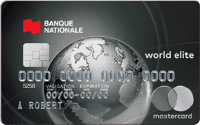
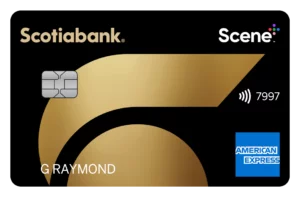


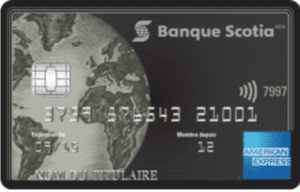
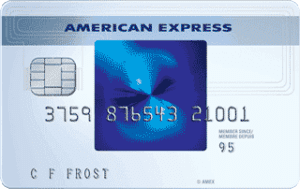

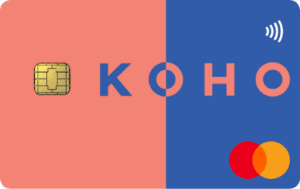





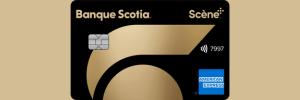

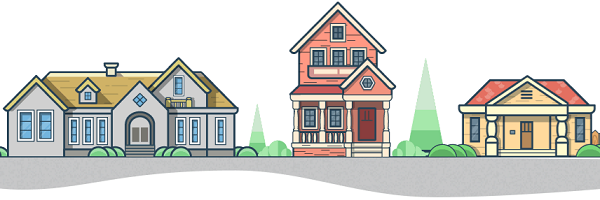

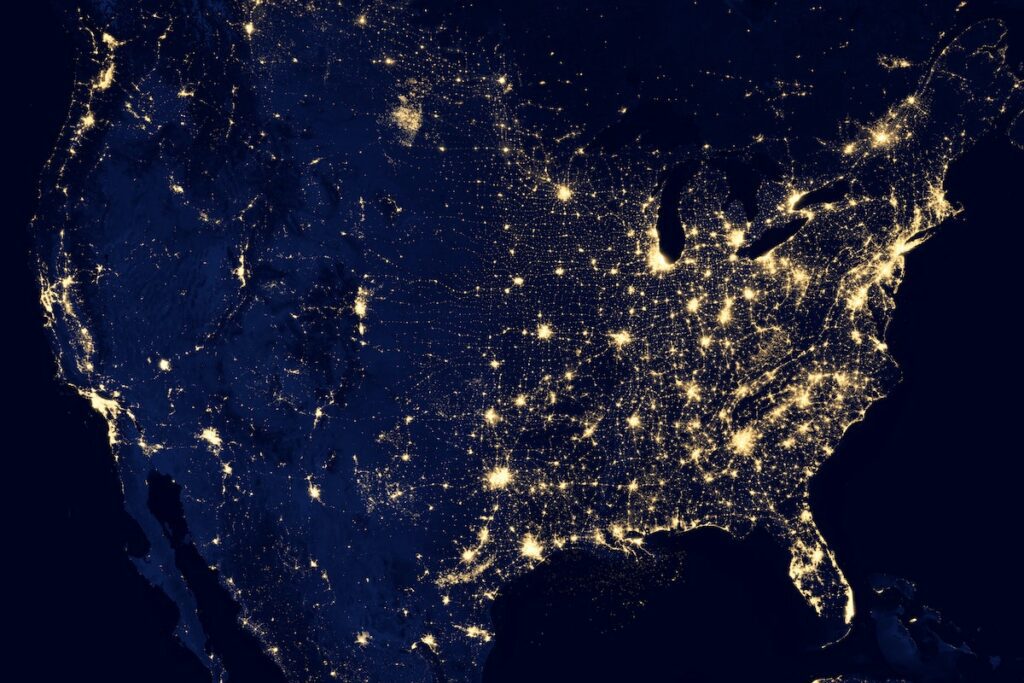
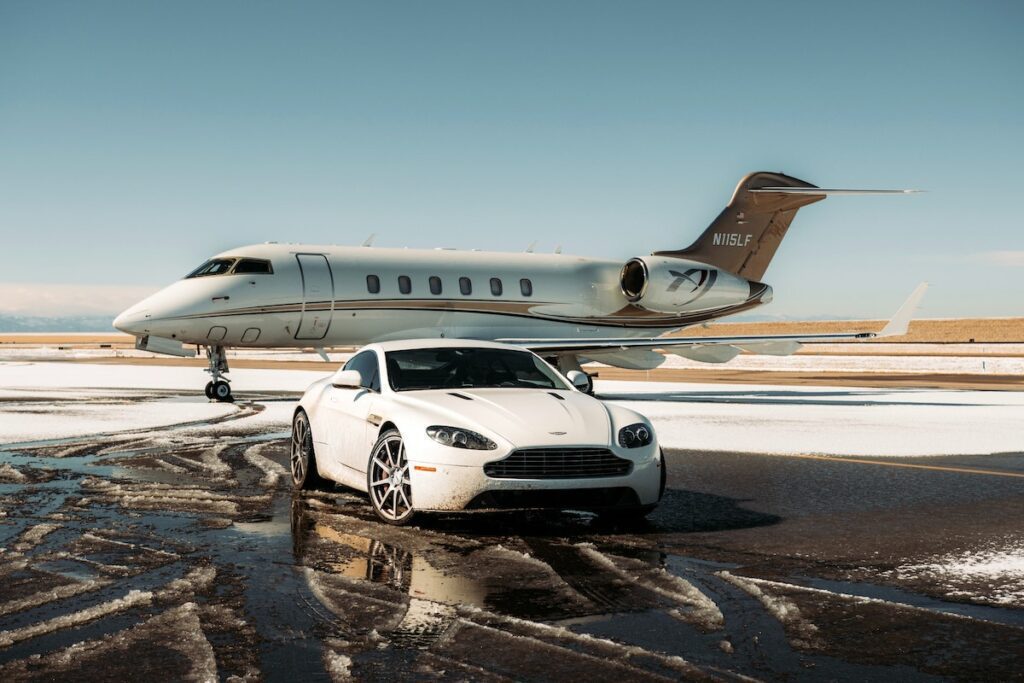
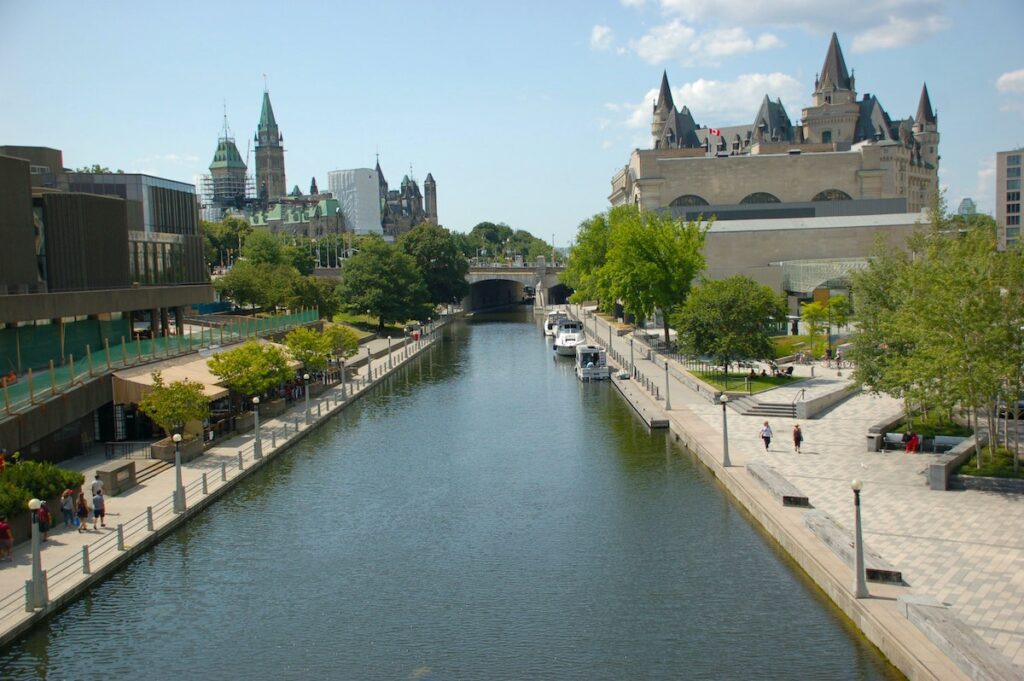


About The Author: Clément Deffrenne
Clément is passionate about finance. He is responsible for communication at Hardbacon, and will entertain you with his articles about a wide variety of topics.
More posts by Clément Deffrenne